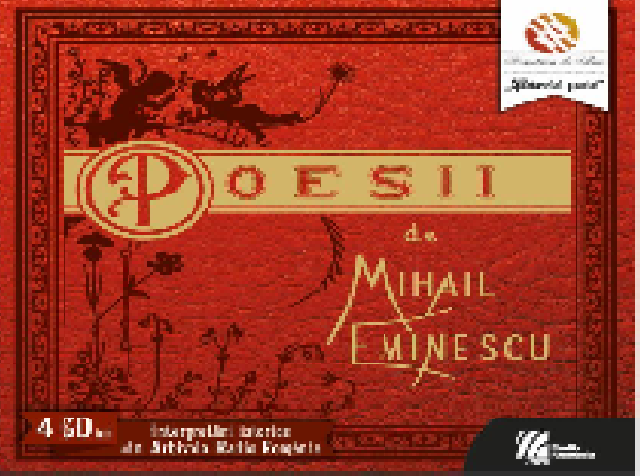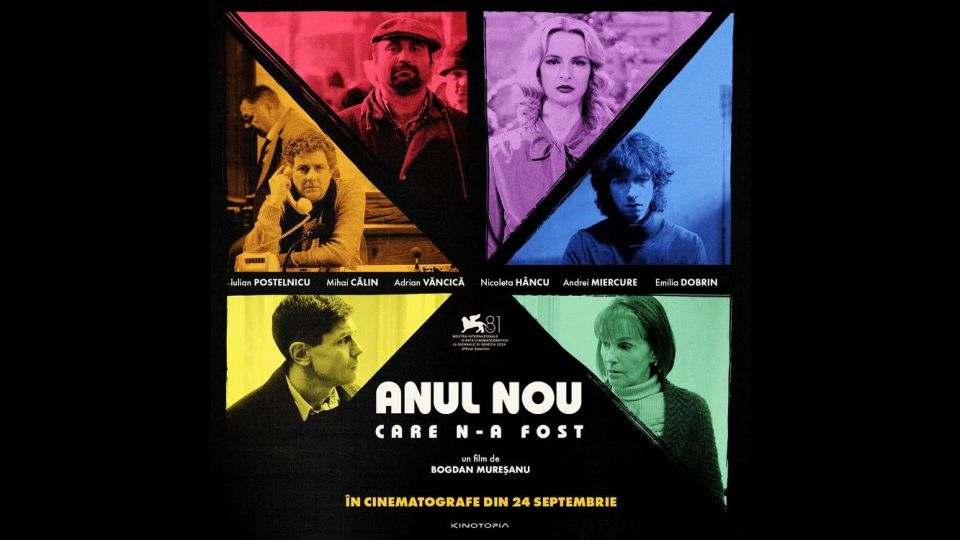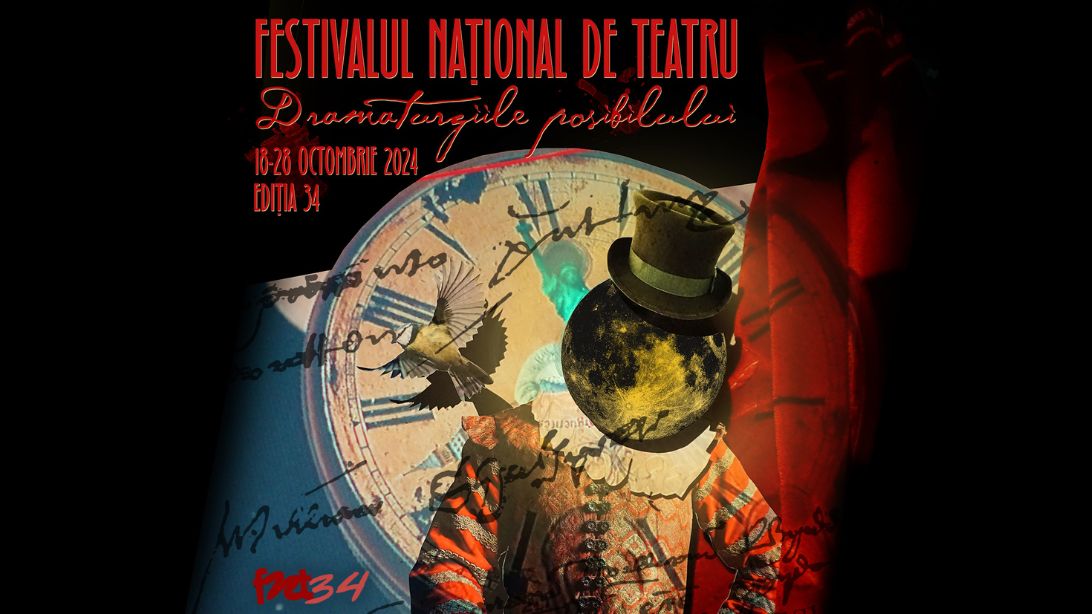The Great Classics, out from the Radio House Publishers
The National Culture Day on January the 15 was celebrated by the Radio House Publishers through the launch of a CD series including remarkable recordings of Eminescus poems.

Corina Sabău, 01.02.2014, 12:00
The National Culture Day was marked on January 15th by the Casa Radio Publishers (owned by the Romanian Radio Broadcasting Corporation) through the launch of a CD series including remarkable recordings of Eminescu’s poems, which can be found in Radio Romania’s Archives. The CD box entitled “Poems by Eminescu”, the princeps edition, the first printed edition of Eminescu’s poems compiled in 1883 by the then great literary critic Titu Maiorescu, now in audio format, invites us to listen to Eminescu’s poems as recited along the years. The recordings dating from the early 1960s feature some of Romania’s greatest actors among whom Ludovic Antal, Emil Botta, Clody Bertola, George Calboreanu, Ion Caramitru, Constantin Codrescu, Elvira Godeanu, Ion Manolescu, Mariana Mihuţ, Alexandru Repan and George Vraca.
At the launching ceremony, the poet Florin Iaru began his speech by saying that: “interpreting Eminescu’s works is the most dangerous thing in the world”.
”Mihai Eminescu is the best known poet writing in the Romanian language, that is why his work was subject to a lot of prejudice. He was considered a visionary, the fundamental Romanian, the legend of Romanian poetry. But all these big words have nothing to do with the poet Mihai Eminescu. Because poetry is neither a monument, nor a cathedral, obligation, pride or national sentiment. A poet becomes a national poet only if the whole nation believes his poems are good, if most individuals consider him a landmark poet. If you wake me up in the middle of the night, I can recite poems by Eminescu. Because once you learn a poem you will never forget it. That is why in Romania there are very few poetry readers. And that is also why I do not believe in the national poet notion. Mihai Eminescu had his universe of ideas which engendered his poetry, and this is one of those unrepeatable experiences in the history of a certain culture.”
Around the National Culture Day, marked on January 15th, Bookhacolic.ro, a Romanian site dedicated to books, invited some contemporary poets to participate in a survey focusing on the poet Mihai Eminescu. The survey asked what Eminescu means today, more than a century and a half since his birth, and what experiences these poets had when reading Eminescu’s poetry.
Here is what poet Radu Vancu wrote: ”Eminescu is maybe the Romanian poet whose works I have frequently returned to. As a student, what I liked best were his visionary insights, especially his apocalyptic imagery, on which I wrote my graduation thesis. Since I turned 30, I tried to read again and again those poems, which anticipate the biographic poetics, from Bacovia to the two-thousanders, starting with the sonnets of 1879. What seems to me to be exemplary in Eminescu, aside from his unbelievably, almost inhumanly pure biography, is the fact that all those poetics, so different from one another, are being experienced equally intensely; he experienced each and every poetics (as well as every poem) as if his whole life depended on it. And, in a way, it depended on that. He is the poet the entire Romanian poetry depends on, after all.”
Speaking again is the poet Florin Iaru.
”Aside from the technique, the glow, rhythm and stress, aside from the rhetoric, there is something unparalleled, which has no equivalent in our material world. It is that kind of ‘feeling’, as critic Titu Maiorescu would say. You feel the presence of something incredible in his poems, and the hardest thing to do is to explain why you feel it. There’s something filling you with satisfaction and melancholy, starting with his well known metaphors like lonely poplars, the rippling lake, the emperor and the downtrodden worker. Eminescu was a skilful poet, a great creator of language. Nothing was impossible for him. He toppled rhyme patterns in Romanian, stress marks, prejudices, he acted like a poet for whom language was an almost shapeless matter, in which all data was embedded. It seems like all those data were just waiting to be recombined. The most difficult thing is to read out Eminescu’s poems, because you may wish to add meaning to something, and the poet didn’t want to say anything more than he did, literally. Looking for profound patterns of meaning is a waste of time. Coming back to the CDs brought out by the ‘Casa Radio’ Publishers, it is great that well-established, famous actors read out Eminescu’s poetry, most importantly because they are actors who think, shake off conventions and grant the text its freedom. And that’s why there is something natural about the lines.”
The cover of the new release in the “Golden Tape Library” Collection, the “Show of Poetry” series, is fine artist Daniel Ivascu’s own version of the original volume of Eminescu’s ”Poems”.






























